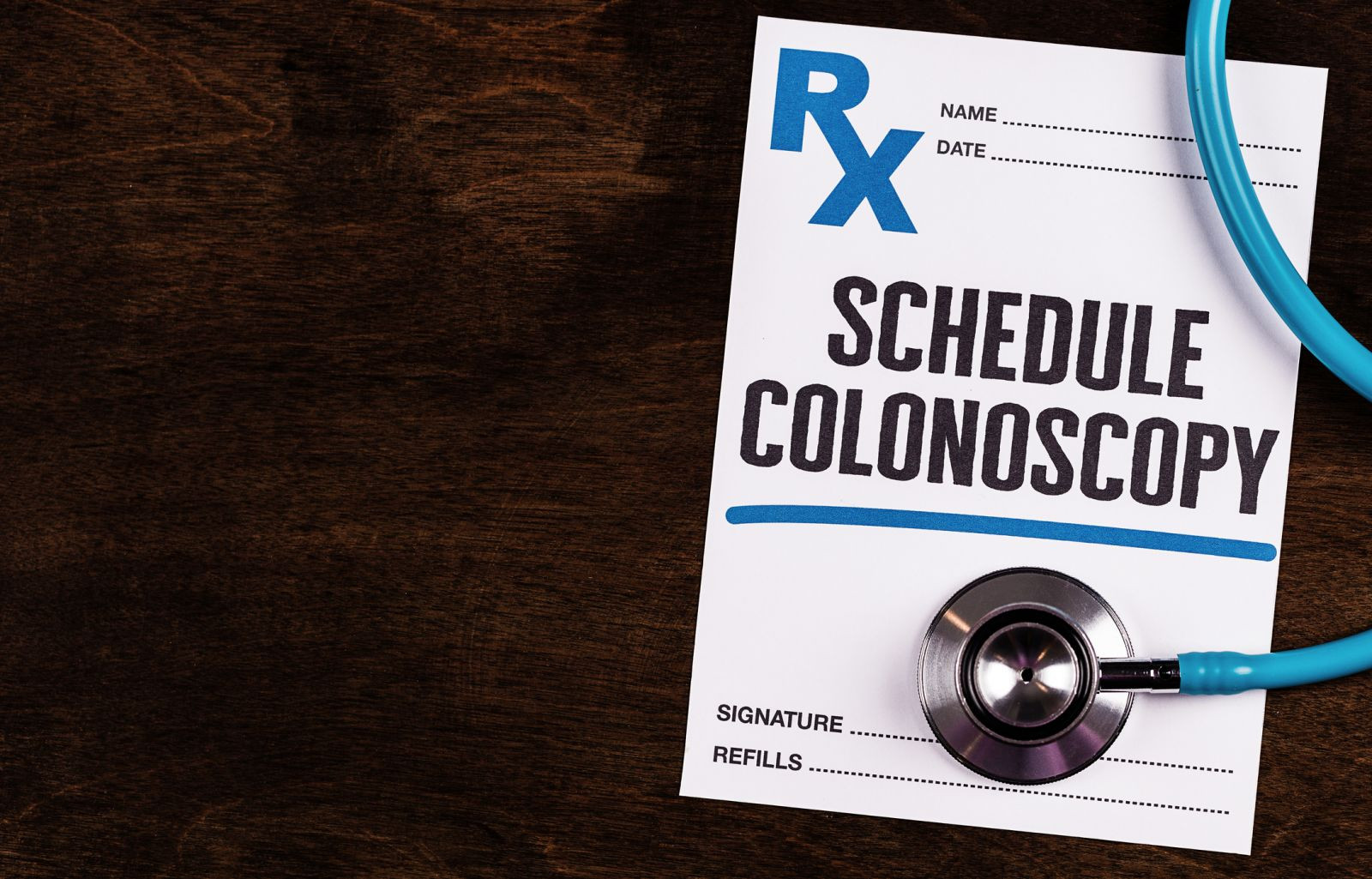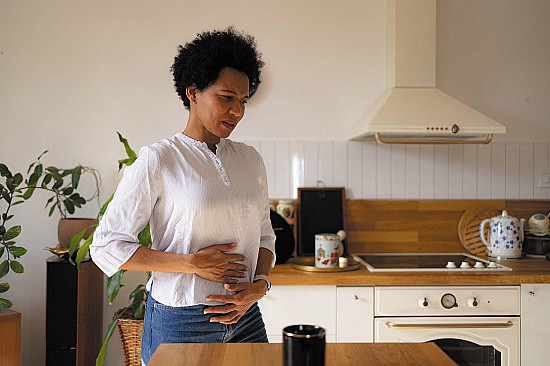How you can make colonoscopy prep easier

Screening colonoscopy is key to preventing colon cancer, and preparing for the procedure is easier than ever.
If you're apprehensive about your next colonoscopy, you're probably dreading not the procedure itself, but the preparation for it—and for good reason. Getting ready for a colonoscopy can occupy an entire day of dietary restrictions, powerful laxatives, and diarrhea.
If your fears are based on your last colonoscopy prep, you may be pleasantly surprised by your next one. "Things have changed a lot in the past 10 years," says Dr. Catherine Cheney, a gastroenterologist at Harvard-affiliated Beth Israel Deaconess Medical Center. She cites new low-volume preps that are much easier to take and antinausea medications to help them go down.
It may help to keep in mind that colonoscopy can save your life. Colon cancer is the second leading cause of cancer death in women. Colonoscopy enables gastroenterologists to detect and remove polyps—the small growths that can develop into colon cancers—as well as small cancers before they have spread to other parts of the body.
Why prep?
A clean colon is a key requirement for a successful colonoscopy, Dr. Cheney emphasizes. "If the prep isn't adequate, the patient should come back after using a different prep," she explains. She notes that polyps that lie flat against the colon wall are especially difficult to detect if stool or liquid coat the bowel wall.
What the prep involves
Different medical centers recommend different ways to prepare the bowel for a colonoscopy. Here's a suggested sequence:
-
A few days before the colonoscopy: Start eating a low-fiber diet: no whole grains, nuts, seeds, dried fruit, or raw fruits or vegetables.
-
The day before the colonoscopy: Don't eat solid foods. Instead, consume only clear liquids like clear broth or bouillon, black coffee or tea, clear juice (apple, white grape), clear soft drinks or sports drinks, Jell-O, popsicles, etc.
-
The afternoon or evening before the colonoscopy: Drink the first dose of the prescribed laxative preparation. The exact instructions depend on the bowel prep used and the time of your colonoscopy.
-
The day of the colonoscopy: As on the previous day, clear liquids only. Don't eat or drink anything two hours before the procedure.
-
Six hours before your appointment: Drink the second dose of the prep. The American Gastroenterological Association and American College of Gastroenterology recommend the split dose because it cleans the colon more thoroughly. Even after a thorough cleansing, your stomach and pancreas are still making fluids, which flow into the colon. "The more time that elapses after you take the prep, the more likely you are to have fluid in your colon," Dr. Cheney explains.
-
Throughout the entire prep period: Drink lots of fluids. Keeping hydrated not only clears your colon but also maintains your electrolyte balance.
Special considerations
Your doctor may prescribe a different regimen if you have any of the following:
Constipation. Many people with chronic constipation have long, tortuous colons, which are more difficult to empty completely. If you fit this description, your gastroenterologist may suggest a two-day prep.
Certain medical conditions. People with kidney disease and heart conditions often require preps that don't include phosphates or magnesium.
A previous failed prep. If your last prep was unsuccessful or difficult to tolerate, talk to your gastroenterologist. He or she will prescribe another prep that is more likely to be successful.
Nausea. If you have trouble getting the prep down, antinausea medications may help. Dr. Cheney says that taking ondansetron (Zofran) an hour before the first laxative dose and every six to eight hours during the process is effective for most people.
New split-dose prepsThe days of downing a gallon of laxative in one dose are gone. The newer preps are often lower in volume and divided into two doses, the first taken the night before and the second six hours prior to your procedure. A few examples are listed below.
|
Image: CatLane/Getty Images
Disclaimer:
As a service to our readers, Harvard Health Publishing provides access to our library of archived content. Please note the date of last review or update on all articles.
No content on this site, regardless of date, should ever be used as a substitute for direct medical advice from your doctor or other qualified clinician.
















